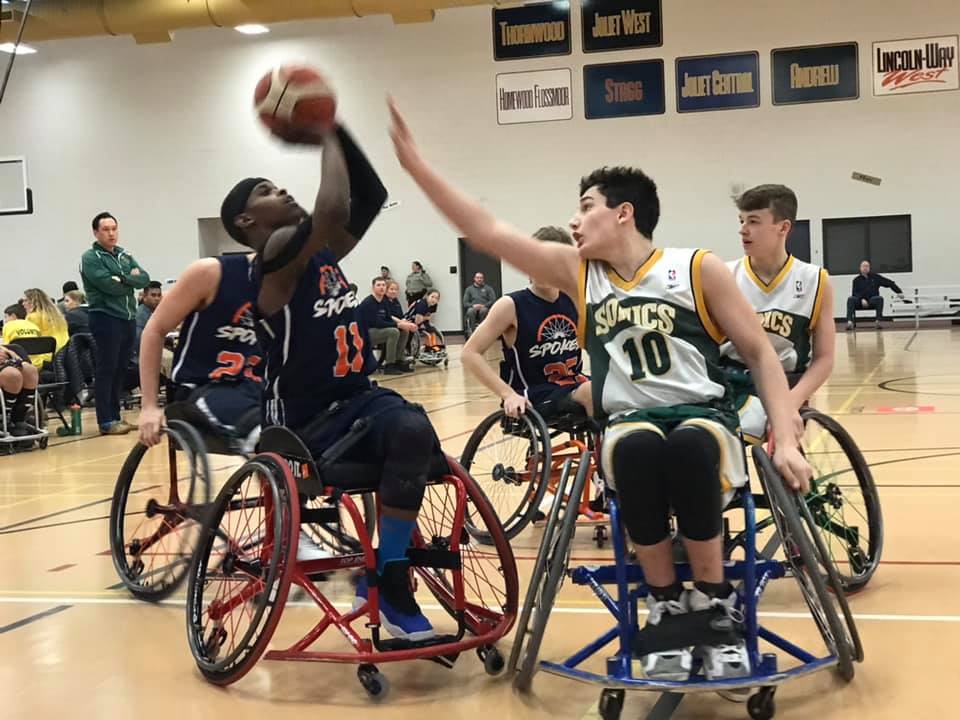Narrative Call to Action
Engage Underrepresented Groups
Coaches are everywhere – parents, teachers, community leaders, college students, friends and neighbors. Many have never coached before. What they have is heart, commitment, and the courage to step up. When kids see coaches who look like them, they believe they belong.
→What this looks like when we get it right: Coaching becomes a role anyone can see themselves in. Organizations prioritize a wide range of experiences, and it’s normal for coaches to reflect the communities they serve.
→Who can drive this change? Program Operators, including community-based organizations, and teachers/physical educators; Parents/guardians; Former youth athletes; Civil society, including local cultural affinity groups and youth/wellness advocacy organizations; Government, including local agencies and parks & rec departments

Why This Issue
To better support young athletes, we must expand our definition of who can be a coach – and actively invite those who have been historically overlooked. That’s a wide range of people – young adults, moms, people without past experience in the sport.
Coaches aren’t just instructors – they’re mentors, role models, and community advocates. When we bring in a wider range of coaches, we reflect the lived experiences of the kids in our programs. That leads to deeper connections, greater trust, and better outcomes.
Getting Started
Create a welcoming environment. Make it easy for coaches to learn about coaching opportunities. Short intro sessions and letting people shadow a current coach are easy examples. Encourage peer-to-peer recruiting and provide resources to existing coaches to make it easy. Feature stories of diverse coaches in recruitment materials. Give potential coaches resources in their native languages when possible. When new coaches feel connected, they’re more likely to join.
Make recruitment intentional and culturally relevant. That means showing up in community spaces, leveraging trusted networks, and building real relationships. It means asking directly – and often – and making the invitation personal. Messaging should also make clear about what experience is required and how coaches will be supported by the organization on their journey as a coach.
Address the obstacles. We must remove the barriers that keep potential coaches on the sidelines. Offer flexible scheduling – especially for volunteers – support caregivers with family-friendly scheduling options and ensure fair compensation for paid roles. These are essential steps in building a youth sports culture where all coaches can thrive.
Game Changing Content
| Item | Description |
|---|---|
| Coach Recruitment Tips | Recommended strategies from the Positive Coaching Alliance to effectively recruit coaches. |
| Made to Play NYC | A community of practice, supported by Nike and Laureus USA, for women coaches across 10 partner organizations in South Brooklyn and the Bronx. |
| Retaining and supporting women coaches | Tips from the Positive Coaching Alliance to ensure women coaches and the coaches of girls have what they need to create a positive youth sports culture for girls and all kids. |